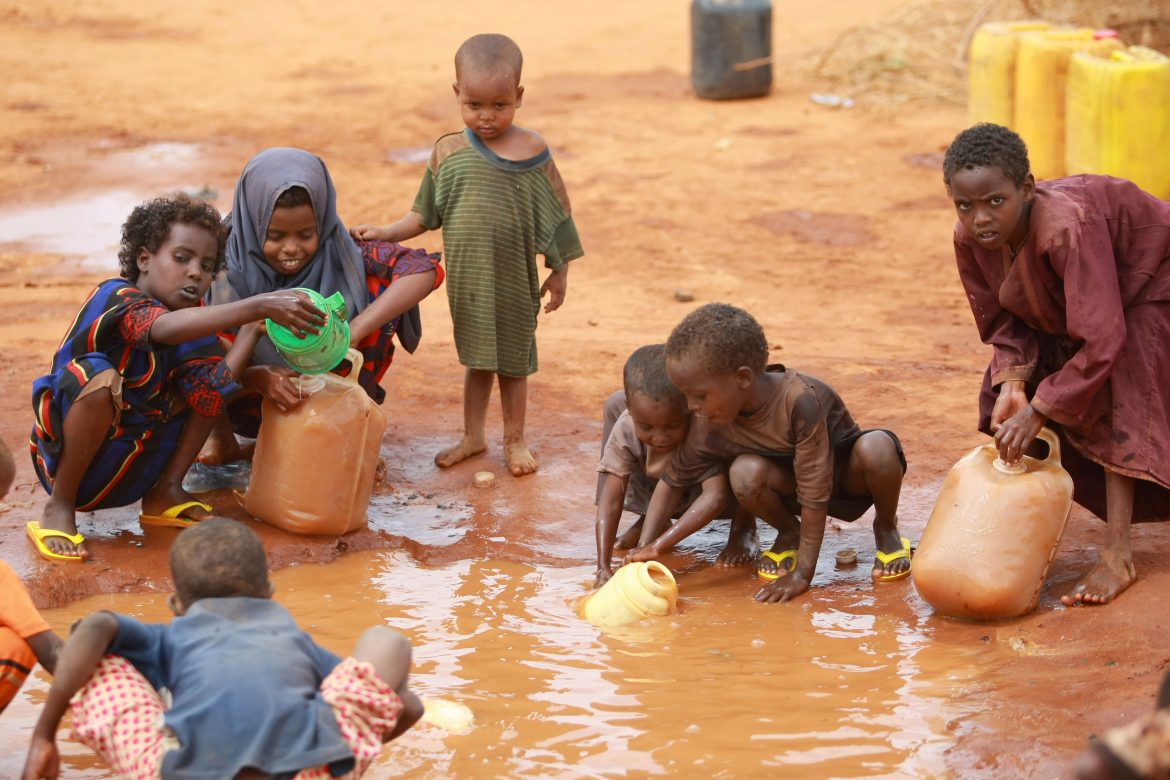A report by researchers at UC San Diego has shown that precipitation shocks, including droughts or flood-causing rains, can increase rates of diarrheal diseases among children in tropical low-to-middle-income countries.
Such impacts are preventable, said the research team who have also identified the types of interventions that could mitigate children’s vulnerability to such illnesses depending on the kinds of weather extremes they faced.
Study lead author Anna Dimitrova, a postdoctoral researcher at UC San Diego’s Scripps Institution of Oceanography said that extreme weather events pose an enormous risk to the health of people, particularly those living in poor conditions and lacking the resources to seek healthcare.
“We urgently need to find cost-effective solutions that increase resilience against the impacts of climate change,”he said.
Read also: Kenyan President Ruto Establishes Climate Change Department
The study addresses an affliction that led to the deaths of 450,000 children in 2016, mostly in developing countries. Droughts and extreme precipitation events are becoming more common as a consequence of climate change.
Both present risks: Droughts can lead to malnourishment and force people to seek drinking water from contaminated sources. Heavy rains increase exposure to bacteria species associated with gastrointestinal infections as the pathogens get into drinking water supplies or groundwater.
Researchers Anna Dimitrova, Alexander Gershunov, and Tarik Benmahrnia of Scripps Oceanography; and Morgan Levy, who has a joint appointment between Scripps Oceanography and the School of Global Policy and Strategy at UC San Diego, report their findings in the journal Proceedings of the National Academy of Sciences in its Jan. 9, 2023 issue.
Dimitrova and colleagues have reached their conclusions by comparing survey data of more than 600,000 children in 51 low and middle-income countries with climate trends in the places where the children live.
The team however suggests that interventions can be designed with specific climate hazards in mind. Improvements in hygiene practices and the provision of clean drinking water can be effective in areas prone to flooding.
Part of what was found from the study is related to how vaccinations for rotavirus, one of the few vaccine-preventable diarrheal pathogens, might almost eliminate risks in drought-stricken areas though the researchers acknowledge that more study is needed. They also investigated other actionable factors including child feeding and stool disposal practices.
Story was adapted from Uc San Diego.
